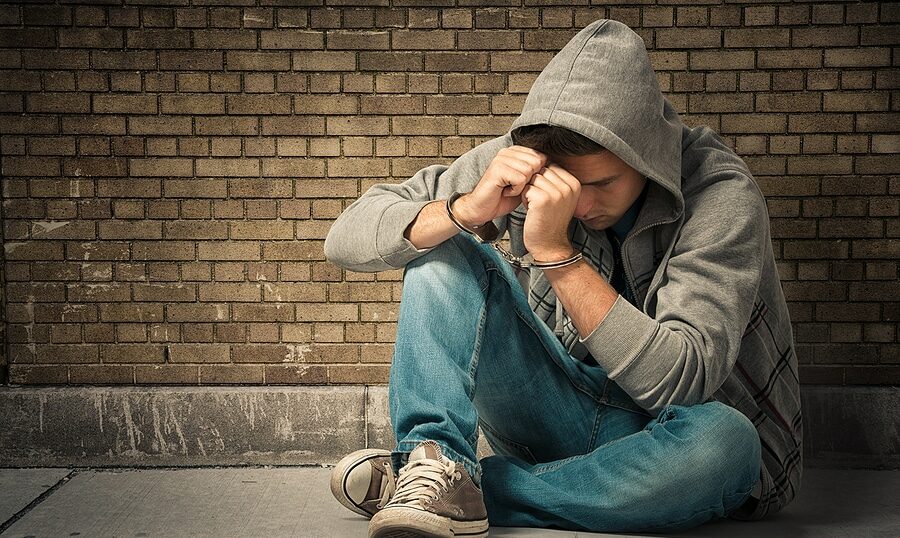Youth Offenders Require Special Handling
The Toronto legal system faces the delicate challenge of dealing with youth offenders involved in serious crimes, including murder. The contrast of youthful offenders against the gravity of their actions demands a nuanced approach that balances the principles of justice, rehabilitation, and societal safety. Toronto’s legal response to youth offenders accused of murder is explored by examining the strategies, considerations, and initiatives in place to address youth crimes.
Understanding Youth Offenders
Youth offenders, typically aged between 12 and 17, present a unique challenge to the legal system. While their age renders them legally distinct from adult offenders, cases involving serious crimes like murder require carefully evaluating their culpability, maturity, and potential for rehabilitation. Toronto’s legal system recognizes the developmental differences between juveniles and adults, aiming to balance accountability with rehabilitation opportunities.
Youth Offender Justice System in Toronto
Toronto’s youth offender justice system is rooted in principles that prioritize the child’s best interests while holding them accountable for their actions. When a youth is accused of murder, the case often begins in youth court, a specialized branch of the legal system designed to address young offenders. The Youth Criminal Justice Act (YCJA) guides these proceedings, emphasizing rehabilitation, restorative justice, and reintegration into society.
Restorative Justice Practices
Restorative justice, a significant component of Toronto’s approach, focuses on repairing the harm caused by the offense. In cases of youth offenders involved in murder, restorative justice programs bring together the offender, victim, and community to facilitate dialogue, understanding, and amends. Restorative justice efforts significantly address the harm caused, promote accountability, and foster healing. These interventions encourage empathy, responsibility, and remorse, enabling the offender and the victim to find closure and healing.
Youth Rehabilitation Centers
Toronto boasts a range of youth rehabilitation centers designed to provide specialized care and support to youth offenders, including those involved in serious crimes like murder. These facilities prioritize education, counseling, and skill development to equip young offenders with the tools necessary for reintegration into society upon release. The focus is on breaking the cycle of criminal behavior and empowering youths to make positive life choices.
Mental Health and Counseling Services
Recognizing the complex interplay between mental health and criminal behavior, Toronto’s legal system emphasizes mental health assessments and counseling services for youth offenders.
Addressing underlying mental health issues is crucial in understanding the factors contributing to criminal conduct, allowing for tailored interventions that target the root causes of criminal behavior.
Prevention and Community Outreach
Preventing youth involvement in serious crimes like murder is a key focus of Toronto’s legal initiatives. Community outreach programs, educational initiatives, and mentorship opportunities are vital components of the city’s preventive approach. By engaging with at-risk youth, addressing socio-economic disparities, and providing positive role models, Toronto aims to reduce the factors contributing to juvenile criminal behavior.
A Holistic Approach to Justice and Rehabilitation
Toronto’s response to youth offenders accused of murder exemplifies a holistic approach that combines accountability, rehabilitation, and community engagement. By recognizing the unique needs of young offenders and addressing the root causes of criminal behavior, the city’s legal system strives not only to punish but also to empower and reintegrate youth offenders into society.
Through ongoing efforts and collaborative initiatives, Toronto continues to pave the way for a justice system that is compassionate, effective, and committed to nurturing the potential in every young life it touches.
Skilled Legal Defence
Experienced legal defence safeguards the rights of young clients. This includes ensuring fair treatment, protection against self-incrimination, and advocating for youth-specific sentencing options prioritizing rehabilitation over punitive measures. Legal defence teams conduct meticulous case reviews and scrutinize evidence and witness testimonies. Identifying inconsistencies and weaknesses in the prosecution’s case creates opportunities for strategic counterarguments. Toronto’s legal defence for youths centers on rehabilitation. Defence lawyers work closely with social workers, psychologists, and counselors to highlight the offender’s potential for reform, emphasizing programs and support systems that facilitate their reintegration into society.
Understanding Toronto’s legal defence strategies empowers consumers seeking representation for youth offenders. By choosing skilled defence lawyers, like those at William Jaksa Criminal Litigation, clients can be confident in their defence team’s ability to secure the best possible outcome, fostering hope and enabling rehabilitation for young individuals caught in the complexities of the legal system. Call William Jaksa Criminal Litigation at 647-951-8078 to schedule a consultation.





